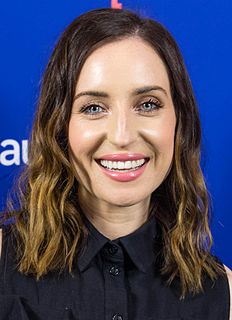A Quote by Eli Roth
As a director, you have to know what actors are doing. You're the one telling them what to do. The actors' job is to come prepared to the set, but sometimes, if they're beginning actors or people who are non-actors, you have to teach them how to act.
Related Quotes
Actors, I think, are all the same. Both Korean actors and American actors are all very sensitive people, and they are all curious to know what the director thinks of them and how they are evaluated, and they try to satisfy the director. And they like it if you listen carefully to their opinions and accept them.
To go into more specifics regarding actors, whether they're from Korea or the U.S., all actors know if they are loved by the director. When they feel that love from the director, they respond by giving a great performance on camera. Also, everyone on set - the crew, the actors - they were aware of the film's message and its broad theme, so these big issues were never discussed on set.
I think that what's important as a director is to give your actors the feeling that they're protected, the feeling of confidence, the feeling that if they make mistakes, then as a director, you'll know how to help them. If you're able to convey that, then the actors will give you wonderful performances. As well as the author, you have to write scenes that give the actors the opportunity to show what they're capable of.
Actors are professionals who deal with people's emotions and their thoughts. So, working with this very intelligent, smart cast meant that sometimes I would only have to start speaking a word and these wonderful actors would immediately catch onto what I wanted them to portray, and how I wanted them to act.
The actor has to have some degree of craft, along with the talent. No one tries to laugh except bad actors. No one tries to cry except bad actors. How a character hides his feelings tells us who he is. Most people don't know that, and most actors don't do that. Therefore, there are a lot of actors who put me to sleep, that are considered good actors, but they're predictable and boring. I know how the scene is going to end before it ends.
You can't create chemistry. In fact, the chemistry between two actors is for people to see, sense, and judge. The only thing we can do as actors is to come on board individually because we feel the same kind of passion for a script and for a director to cast us because he feels that, as actors, we'll do justice to that part.





































